The Chinese government’s recent announcement of arrest warrants for key leaders of the United Wa State Army (UWSA) has sparked interest in the complexities of their long-standing relationship.
Early this month, the Hangzhou City Police Department in Jiejiang Province and the Kunming City Police Department in Yunnan Province issued arrest warrants for two high-ranking officials of the UWSA, Myanmar’s most powerful ethnic armed organization (EAO), for their alleged involvement in telecom fraud operations in Myanmar’s northern Shan State near the Chinese border.
The two prominent officers are Chen Yanban, the minister for construction in the Wa Special Administration Zone (SAZ) and a former head of the UWSA’s Brigade 468, and Xiao Yanquan, the mayor of Monglin District and a son-in-law of the UWSA leader Bao Youxiang. Notably, Xiao also played a significant role as the head of the UWSA liaison office in Yangon, where he negotiated a ceasefire with the junta during the military regime’s rule under the State Law and Order Restoration Council (SLORC).
According to reports, these high-ranking officials, particularly Xiao, have a long record of engagement in numerous illegal operations such as drug trafficking and money laundering. Xiao, for example, was the owner and managing director of Yangon Airways until 2010. He was also the chairman of Tet Kham Co, a hotel chain famous for prostitution in Myanmar, as well as being engaged in gem mining and construction businesses that were sanctioned by the US. Furthermore, he had a significant position in Myanmar May Flower Bank, which was reportedly tied to money laundering and caused a financial crisis in 2003.
Interestingly, despite the reported association of several top UWSA leaders, including Bao Youxiang, Bao Youliang, Wei Hsueh Long, and Wei Hsueh Kang, with the narcotics trade, they have never officially been arrested by China in the past few decades.
In contrast, China has been viewed as the primary supporter of the UWSA for more than three decades. This support extends to economic engagement through resource trading and direct arms dealings. China plays a crucial role in sustaining the UWSA’s arsenal, as demonstrated during the UWSA’s 30th-anniversary celebrations in April 2019, where modern weaponry, including armored personnel carriers, Type 63 surface-to-surface rockets, armed drones, towed anti-aircraft guns, and FN-6 shoulder-launched anti-aircraft missiles, were displayed.
This support enables the UWSA to maintain its power and continue to press for autonomy. Furthermore, the UWSA relies on China’s political support in negotiations with Myanmar’s central government, exemplified by China’s assistance in the formation of the Federal Political Negotiation and Consultative Committee (FPNCC), a key player in Myanmar’s peace process.
The Wa-China relationship extends back to the 1950s when the Chinese People’s Liberation Army (PLA) entered the Wa region. The Wa people served the Communist Party of Burma (CPB) which was supported by the PLA to combat the Kuomintang’s covert bases in northeastern Shan State’s efforts to get into southern China. The PLA treated the Wa people rather well because of the need for their local knowledge for securing border regions and their significance as a source of information.
Following the collapse of the Communist Party of Burma in 1989.The Wa established their own army, the United Wa State Army. Today, the 20,000-30,000-strong UWSA and its political wing, the United Wa State Party (UWSP), rule the Wa region without any central government interference. Their area is, in effect, a wholly autonomous buffer state between Myanmar and China with its own administration, schools, hospitals, courts, and trading companies.
In 2009, the UWSA declared itself to be the Wa State Government Special Administrative Region, whereas the Myanmar central government acknowledged it as a Wa Special Administrative Zone (SAZ), not a “Wa State.” The claim of such an autonomous state is unquestionable, given they have China’s support. However, the recent arrest warrants issued by the Chinese government for high-ranking UWSA officials suggest that the relationship between the two entities may be far from harmonious.
For example, the transfer of 1,000 Chinese citizens engaged in cyber scams by the UWSA to Chinese authorities highlights the evolving dynamics in their relationship, with the UWSA demonstrating increased compliance with China’s requests.
Although the Chinese government stated its intention to tackle scams and cyber fraud syndicates operating along its border with Myanmar because they impacted Chinese interests, their future relationship is worth monitoring.
Note* The views expressed in this article are the author’s own.





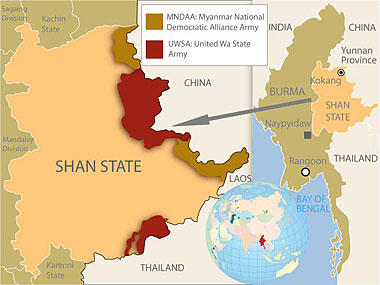
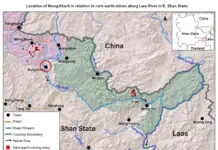
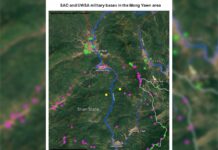
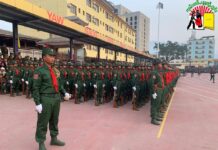
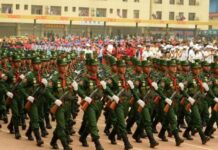
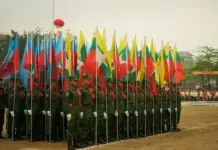






Leave a Comments